What do you know about the importance of mineral resources in Nigeria? The deepest Nigerian subsoil contains rich natural resources. They are a significant resource for human life support as well as significantly contribute to the technical and economic progress of the country. Let’s talk about mineral resources in Nigeria and their importance.
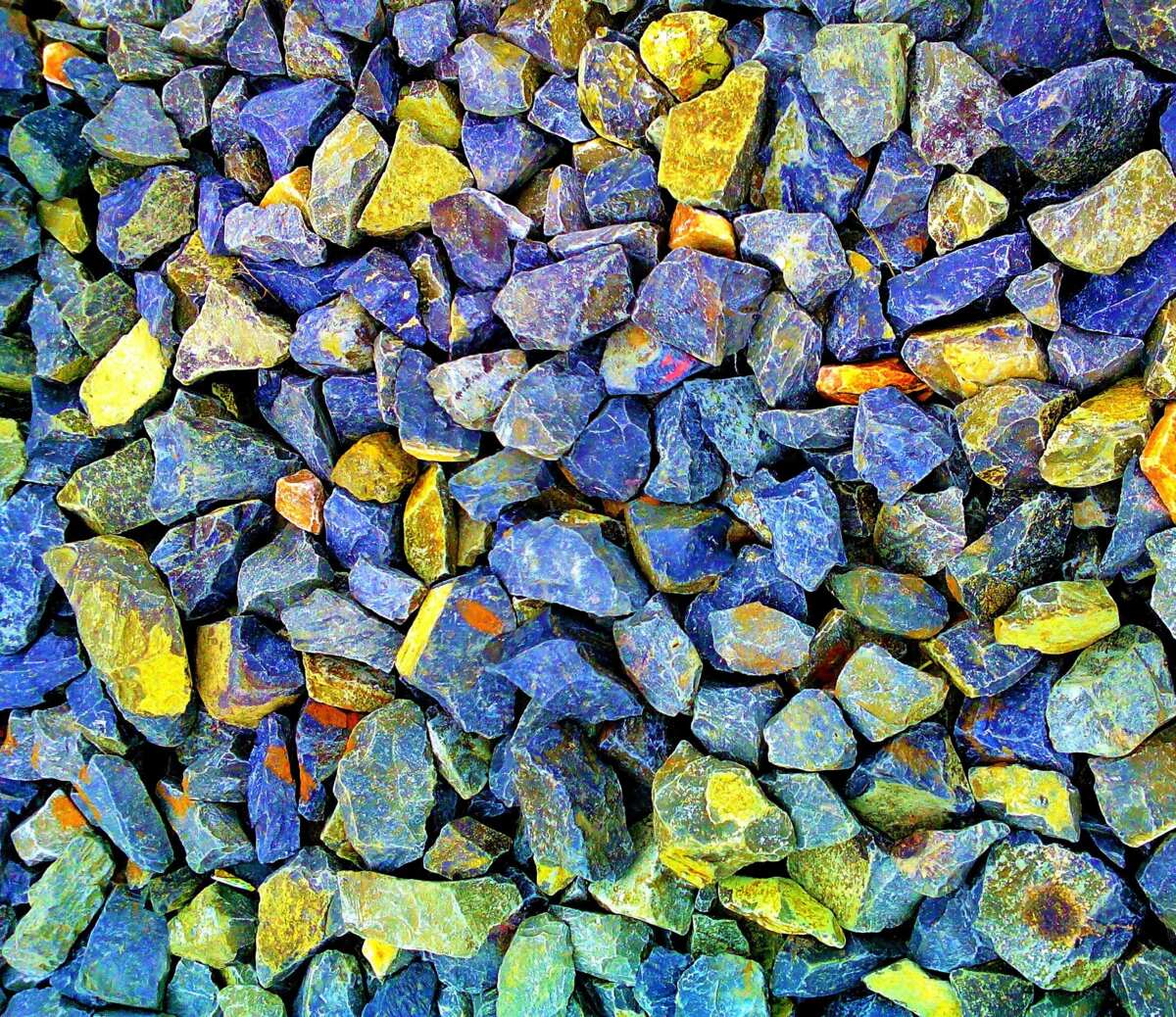
Image: pexels.com
Source: UGC
Mineral resources are the result of mineral and organic formations in the earth's crust creation over millions of years starting with the first sources of the Earth's origin. Incredible opportunities for use and application of the Earth’s subsoil in the economy were opened during its development by the human being.
Importance of mineral resources
The role of minerals in the life of humankind is enormous. Various metals are produced with minerals. Besides, they are the raw material for the manufacturing of many chemicals. At the beginning of the XXI century, mineral resources remain the most important source of energy for humans. Being, therefore, the basis for the production of most goods needed by modern people, minerals are also quite rare, and their reserves are limited.
Nigerian minerals are extremely diverse because there are many ways of their classification. The following types of mineral resources in Nigeria can be distinguished:
- Combustible minerals are used primarily as fuel (coal, oil, and gas);
- Metal minerals include ores from which all metals are extracted. (It can be noted that usually only gold is found in pure native form due to its low chemical activity)
- Non-metallic mineral resources comprise other minerals that are not metal ores (limestone, dolomite, gypsum, clay, crushed stone, sand, salts, etc.)
READ ALSO: List of oil and gas companies in Nigeria and their websites
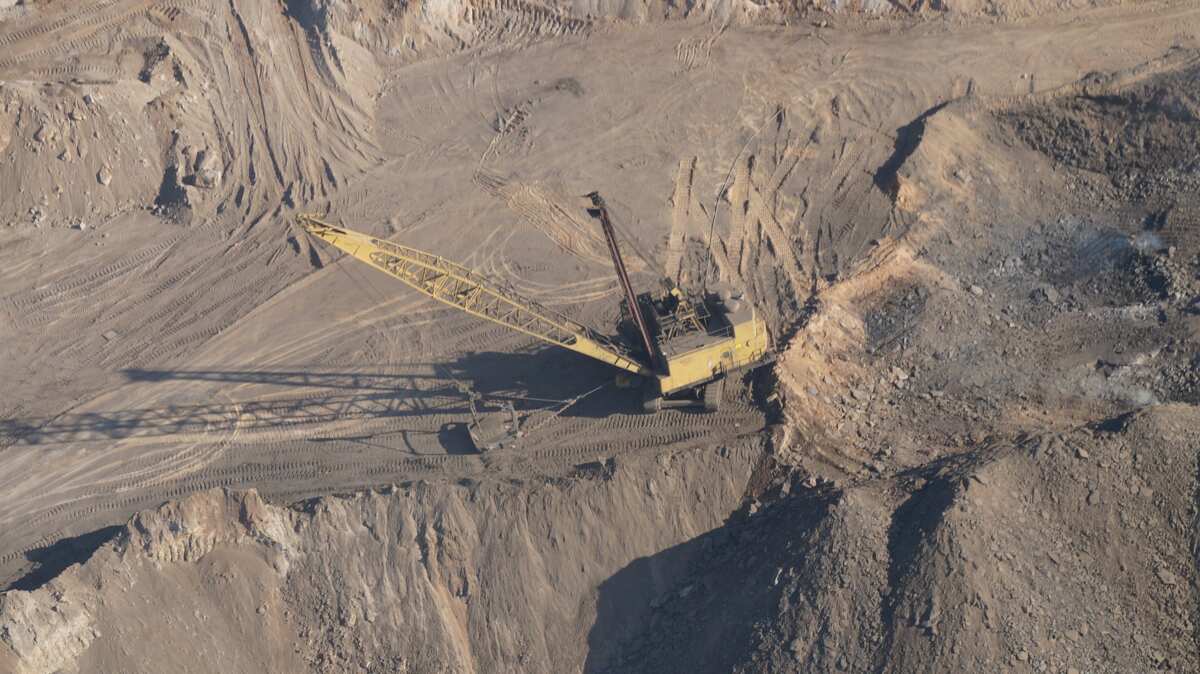
Image: pixabay.com
Source: UGC
Significant mineral deposits are a big plus for the development of any country, and our country is no exception.
Mineral resources in Nigeria and their importance
The importance of mineral resources to the Nigeria economy is great. For example, oil constitutes 9% of Nigeria GDP in 2018 by africacheck.org. The major minerals of Nigeria are crude oil, natural gas, coal, iron ore, tin ores, and rare metals such as niobium, tantalum as well as non-metallic building materials. There are also deposits and manifestations of brown coal, uranium, manganese, tungsten, gold, copper, molybdenum, lead and zinc, mining and chemical raw materials, non-metallic industrial raw materials.

Image: pexels.com
Source: UGC
1. Crude oil
Nigeria is the largest oil producing country in Africa. According to proven oil and gas reserves, our country has 23 billion barrels of crude oil and 160 trillion cubic meters of gas according to nigeria.gov.ng.
The major part of oil deposits is situated in the Delta basin in Abia, Akwa Ibom, Bayelsa, Cross River, Delta, Edo, Imo, Ondo, and Rivers states. The deposits are multi-layered. The depth of productive layers on land is 1500-2000 m and on the shelf is 2500-3600 m. are multi-layer, the depth of productive strata on land is 1500-2000 m, on the shelf - 2500-3600 m. Many oil deposits have gas caps. Nigerian oil is low-sulfur with high paraffin content. Its gravity is 36 API for light types and 20-23 API for medium and heavy types.
Crude oil provides the lion's share of Nigeria revenues.
2. Talc
Nigeria has more than 40 million tones of talc deposits. They are situated in Niger, Osun, Kogi, Ogun and Kaduna states. The talc industry produces 3 thousand tons of talk a year.
Talc is used in one of the most diverse branches of industrial minerals in the world. The extraction of huge talc deposits can satisfy local and export needs.
3. Gypsum
Gypsum has great importance in cement manufacturing. It is also used for other demands. At present, cement production is 8 million tons a year when Nigerian demand is 9.6 million tons. We need to increase the capacity to meet our needs. Approximately, one billion tons of gypsum deposits lie in many Nigerian states.
4. Iron Ore
The country owns more than 3 billion metric tons of iron ore deposits in Kogi, Enugu and Niger States and the Federal Capital Territory. Iron ore mining carries out at Itakpe (Kogi state), and we receive up to 67 percent of iron.
Some steel complexes of the country can take various iron products for processing industries.
5. Lead and Zinc
About 10 million tons of lead and zinc deposits are situated in eight Nigerian states. The proven reserves include 5 million tons. Lead and zinc deposits can be used both for local needs and for export.
6. Bentonite and Baryte
These minerals are the main components of the drilling fluid for all types of oil wells. The baryte mined in Nigeria has special gravity 4.3. More than 7.5 million tons of baryte have been found in Taraba and Bauchi states. Huge bentonite deposits of 700 million tons are situated in many states of Nigeria and can be massively developed and exploited.
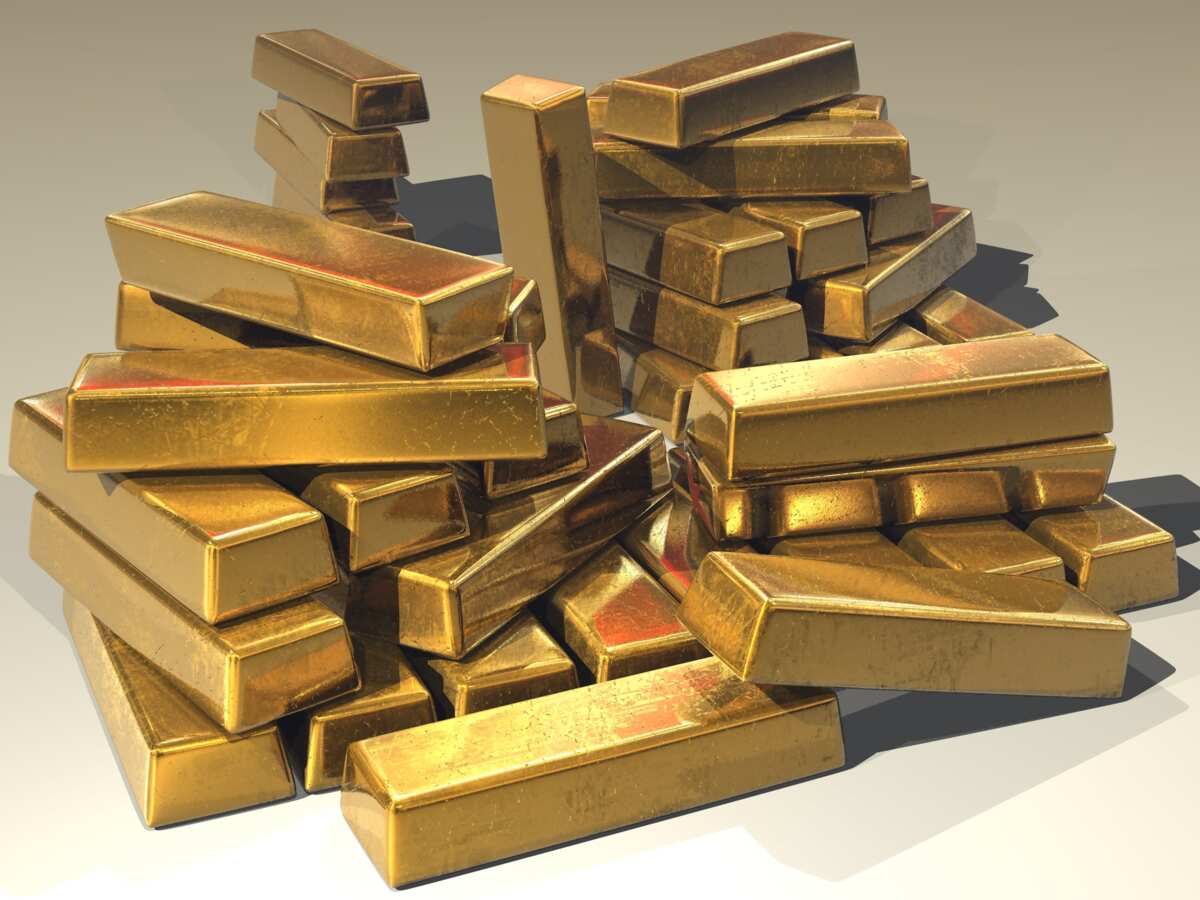
Image: pixabay.com
Source: UGC
7. Gold
Gold is the 3rd most precious metal in the world. Nigeria has proven deposits of both alluvial and primary gold in the shale belt of the country. It is situated in the south-western part of the country. The reserves are mainly alluvial and today are being extracted in small quantities.
8. Bitumen
The Nigerian bitumen reserves have about 42 billion tons of bitumen. They are two times larger than crude oil deposits.
Bitumen is usually used as an asphalt binder. Currently, this mineral is not exploited at full strength as a lot of bitumen used in Nigeria for road building is imported today.
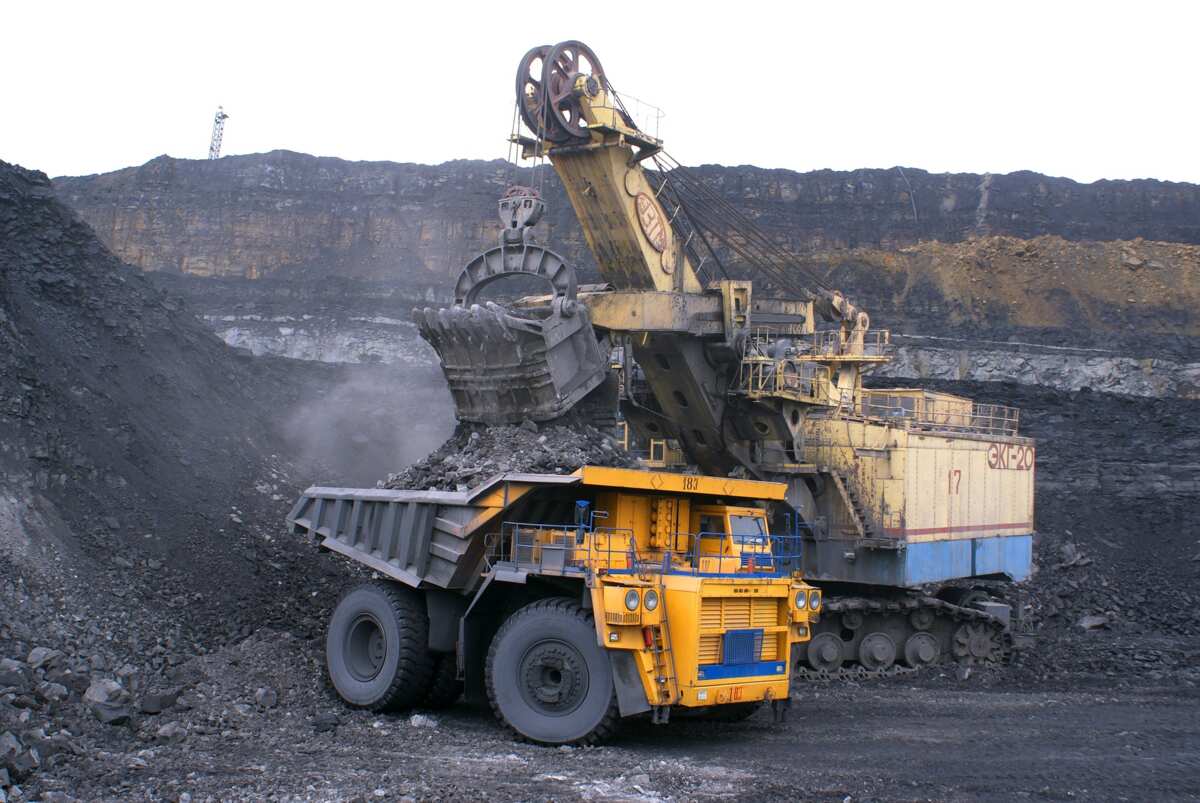
Image: pixabay.com
Source: UGC
9. Coal
Coal is one of the essential energy sources in the world.
Nigeria coal is one of the most bituminous due to its low sulfur and ash content. It is the most environment-friendly. Nigeria has about 3 billion tons of indicated reserves in 17 detected coal deposits and more than 600 million ton of proven deposits.
10. Rock Salt
Nigeria has salt sources at Awe in Plateau state, Abakaliki, and Uburu in Ebonyi state. At the same time, rock salt is located in Benue state. The salt deposits of 1.5 million tons are discovered.
Nigerian government carries out further researches as the annual need for salt, and salt-based products are over one million tons.
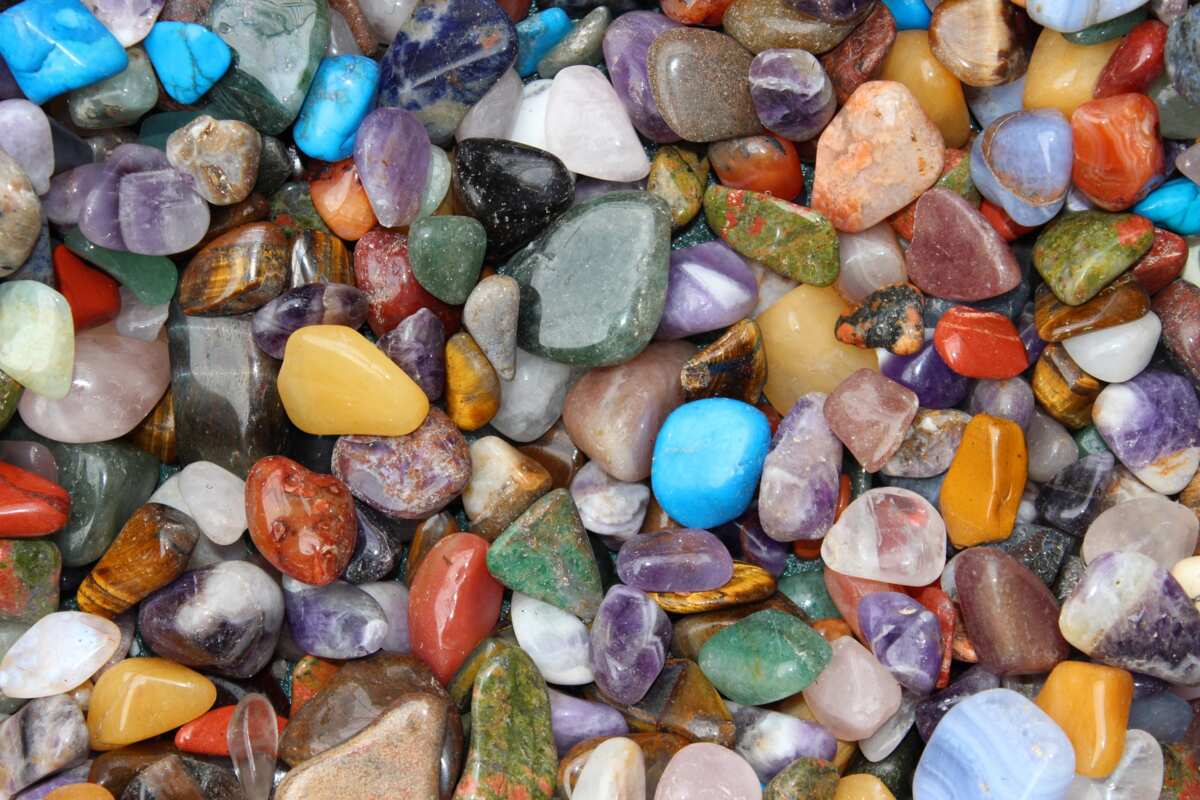
Image: pixabay.com
Source: UGC
11. Gemstones
Gemstones are mined in different parts of Plateau, Kaduna and Bauchi states for many years. Among them there are
- sapphire
- ruby
- aquamarine
- emerald
- tourmaline
- topaz
- garnet
- amethyst
- zircon
- fluorspar
Gem mining in Nigeria is an up-and-coming industry and requires significant investment. Precious gems always were and will be highly appreciated in the whole world.
12. Kaolin
Our country owns 3 billion tons of kaolin clay deposits which are located in many parts of Nigeria.
Nigeria has enormous reserves of various mineral resources. Oil and gas fields are now well developed. But other minerals require significant investments for mining and processing. The importance of mineral resources is significant. With the proper investment of money and effort, Nigeria will be able not only to cover its own needs for various types of minerals but also export the processed products thereby developing its economy and raising the people’s standard of living.
READ ALSO: Top oil servicing companies in Nigeria
Source: Legit.ng
